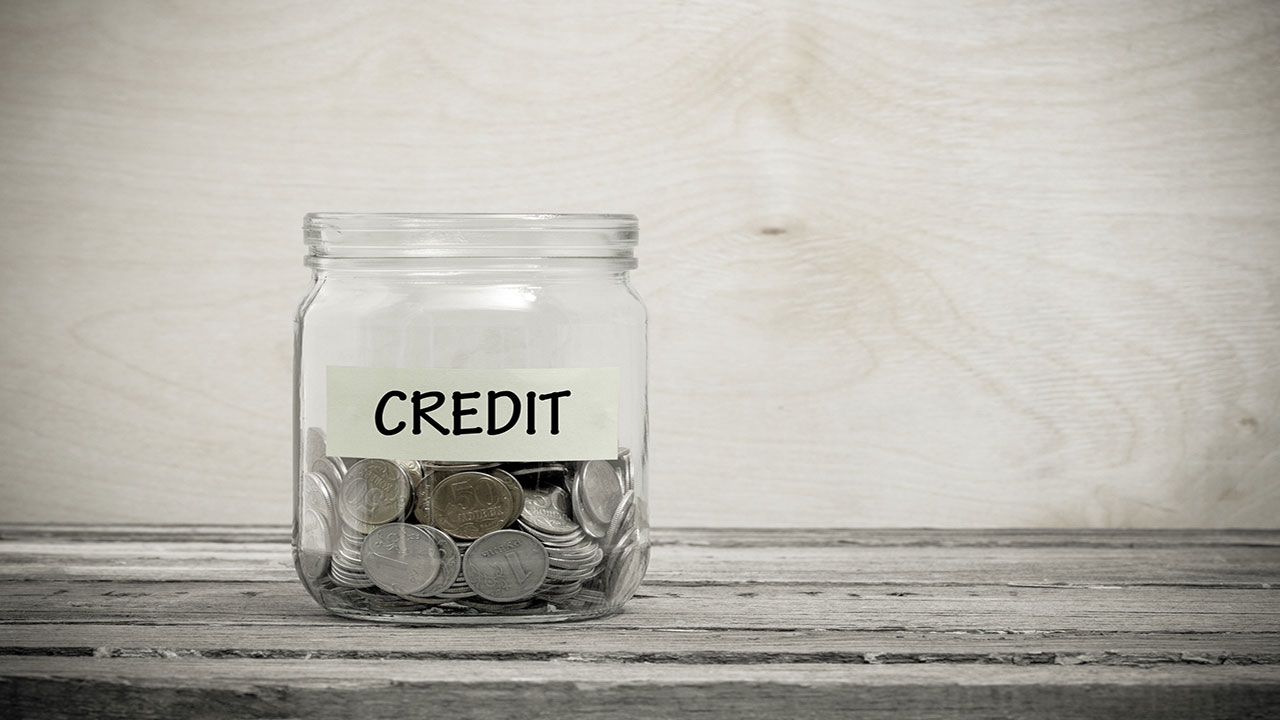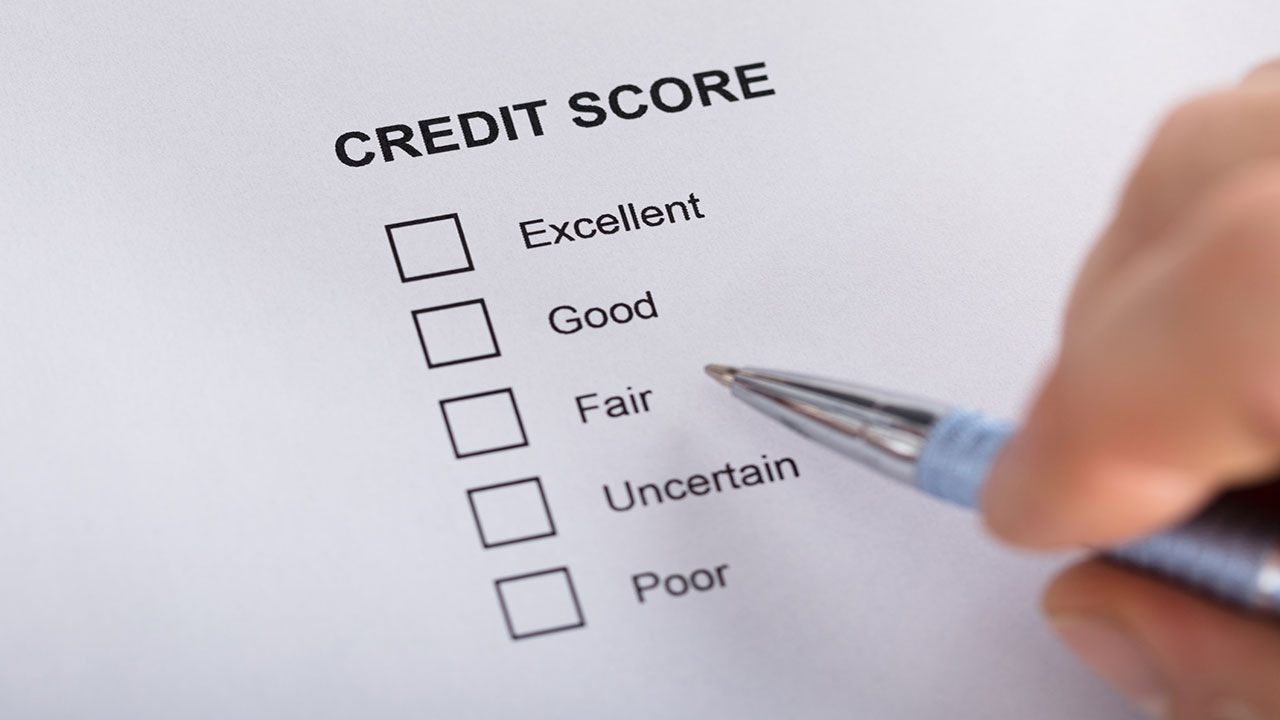What is the Minimum Credit Score Needed For Home Loan Approval?

If you’re ready to take the plunge into homeownership and are on the prowl for a new home, a mortgage is likely required to finance your purchase. While there are plenty of factors that determine whether or not you’ll be able to get approved for a home loan and get a decent interest rate and terms, your credit score is among the most important.
Unfortunately, a low credit score can land you with poor loan terms or could even result in a denied application altogether. If you want to purchase a new home in the near future or even refinance an existing mortgage, you’d be well-advised to check your credit score right away.
The question is, what kind of credit score do you need to get approved for a mortgage?
Why is a Credit Score So Important When Determining Mortgage Eligibility?

Your credit score might only be a simple number, but it can be a key factor in determining whether or not you’d be eligible for mortgage approval. A credit score is basically a figure that lenders use to help them identify borrowers who would be eligible to have credit extended to them in order to help them make a large purchase, such as a home.
Your credit score is essentially what lenders use to assess how risky you would be as a borrower, or how likely you would be to default on your home loan. If you are approved for a mortgage, your credit score would help determine how much credit would be extended to you and at what interest rate. The higher the score, the more likely you’d be eligible for a mortgage at a lower interest rate.
Credit scores are calculated based on a few factors, each of which has a different weight in terms of importance and impact on the final number, including the following:
Payment history – About 35% of your credit score is affected by your history of debt payments. If you have a habit of missing payments, your credit score will be negatively impacted because of the weight associated with payment history.
Amount of debt owed – The more debt you have, the worse your credit score will likely be. This portion accounts for about 30% of your overall score.
Age of your credit accounts – About 15% of your credit score is based on how long your credit accounts have been open. Generally speaking, a longer the credit history, the better.
Type of credit – About 10% of your credit score is determined by the type of credit you have, such as installment loans (ie. credit cards) and revolving debt (ie. auto loans or home loans). Having a good mix of both installment and revolving loans may help boost your credit score.
New credit – If you open too many new accounts in a short period of time, your score could be negatively affected. New credit accounts for about 10% of your credit score.
All of these factors are taken into consideration when calculating your credit score, which you can find out by pulling your credit report from one of the major credit bureaus, including Equifax, Experian, and TransUnion.
What Type of Credit Score is Needed to Buy a House?

The minimum score required to get approved for a home loan may vary depending on the type of loan being applied for. As a result, there isn’t one precise number you need to qualify. Having said that, there are some credit score guidelines according to different types of home loans:
- USDA mortgages – 640
- Conventional mortgages – 620
- FHA-backed mortgages – 500-580 (10% down payment required with a credit score of 500; 3.5% down payment required with a score of 580)
- Veterans Affairs (VA) mortgages – no minimum credit score requirement
It should be noted that lenders might require higher minimum scores than what the above-mentioned government agencies require. For instance, a lender might still want a credit score of at least 620 even if the FHA requires a minimum score of 580.
Generally speaking, however, the average score needed to get a mortgage to finance a home is anywhere around 600 and above. There may be exceptions to minimum credit score policies depending on the individual borrower.
Minimum credit score requirements may also fluctuate from time to time as the economy changes. For instance, during times of economic turmoil – such as the Great Recession from a decade ago – lending criteria tends to tighten somewhat, making it harder to get approved for mortgages with a lower credit score.
In general, scores between 650 to 699 are considered fair and shouldn’t hinder your ability to secure a mortgage, as long as all other financial aspects are in good standing. Anything below 650 makes it harder to get mortgage approval, though it’s still possible.
It’s important to note that individual lenders may have their own standards as far as who gets approved for a mortgage and who doesn’t. Other factors come into play when they assess whether or not to extend credit to borrowers, such as income, down payment amount, and other debt.
They’ll also look at the location that you are planning buy in because certain external factors could increase the risk. For instance, an area that is showing signs of depreciation would be considered high-risk. In a case like this, a higher credit score may be needed to offset these outside risks.
The Bottom Line
Obviously, the higher the credit score, the better. Each individual lender will determine which credit score range it considers good or bad credit risk. At the end of the day, the lender you work with will be able to tell you how your specific credit score will influence their decision to extend credit or not. Until then, you’d be well-advised to start taking immediate steps to boost your credit score and make it easier for you to get approved for a mortgage.